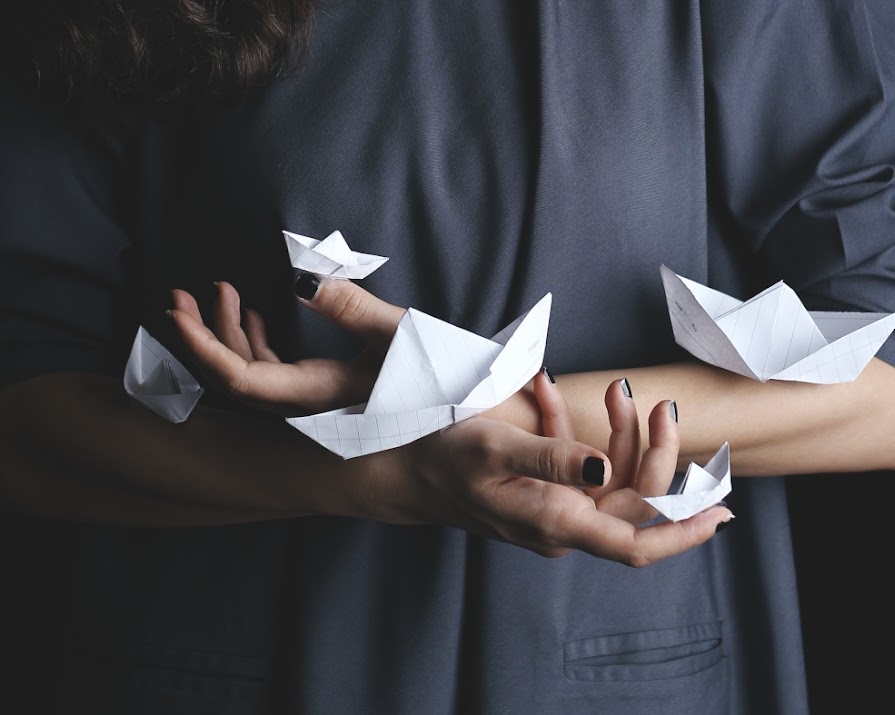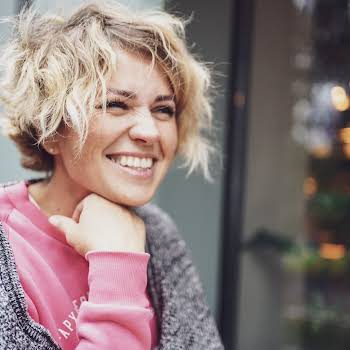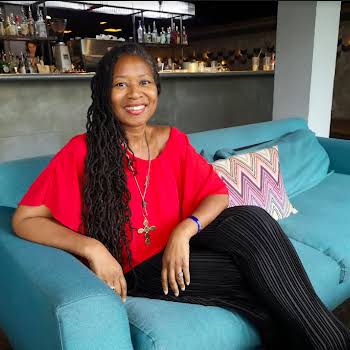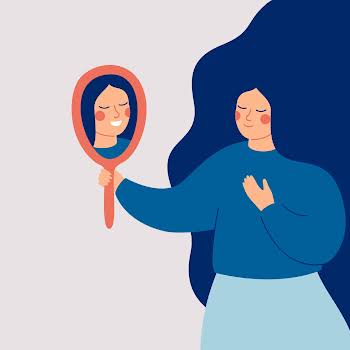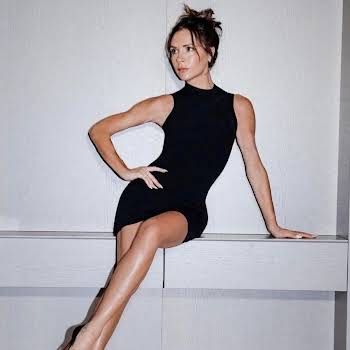Earthly Bodies: Our relationship with our bodies is one of the most difficult of our lives
By Sophie White
07th Sep 2018
07th Sep 2018
In our forthcoming live panel, Earthy Bodies, we will be speaking to authors, Emilie Pine (Notes To Self) and Louise McSharry (Fat Chance) – two authors who in their work have fearlessly confronted the realities of womanhood. Here Sophie White reflects on why the female body is such an unwieldy home thanks to the suffocating narrative of female beauty we’ve been trapped in for millennia.
Coming to a place of indifference toward my body was a long process. It is also not a constant state. My feelings towards my body vacillate wildly – often during the course of any given day or hour. This is a piece of writing that I put off doing. I was embarrassed about how inevitably self-indulgent a personal history as told by my body would have to be. The culture has a lot to say about the female body but the culture is also all too ready to admonish us should we decide to talk about the female body ourselves, particularly in any terms beyond that of improvement. Living in a female body is a fraught affair.
Here are some rules for your ease.
One has to be looked at – be it for purposes of judgement and desire – that, it appears, is not optional.
One must not seek out these attentions. Nor complain about them.
The female body must stoically incubate and thrust the species forward, but never reveal the blood, sweat and gore attendant to this life-giving. Please don’t bother anyone with your pain.
Related: There is nothing more radical than liking your own body
The rules of living in a female body are too contradictory and nebulous to adhere to perfectly. This is why we women are failing all our lives. And why so often we turn our rage inwards.
My body has weathered the usual small aggressions, it was cleaved open for my son to be born and sliced open for another baby. Some man knocked my head against a wall. I’ve abused it with alcohol and drugs. I’ve nursed my babies and kissed their precious bodies. I’ve etched pictures in my flesh to remind me of the hard times. I’ve loved other people. I lashed out at myself. As women, our relationship with our bodies is one of the most difficult of our lives. The effect of a cultural silencing of our experiences from abuse to pain to desire cannot be underestimated. We are taught to check ourselves from a young age, to deny the basic realities of our existence.
Audre Lorde said “Caring for myself is not self-indulgence, it is self-preservation, and that is an act of political warfare.” As a black, lesbian, mother, warrior, poet her act of self-love was in opposition to many ingrained prejudices and so even more radical, however we all need her particular brand of loving warfare. To wrest our bodies back and stop punishing them with impossible standards and abusing them for “failing”.
Related: ‘Trying on clothes was a nightmare. I’d end up crying because nothing fit’
This first time I remember my body failed, I was six and my thighs were fat. The next time I was twelve and man grabbed my barely-there breasts. Next I was ugly. Another time I was too thin. Ultimately I was wrong. A failure as a woman always. As a teenager I felt bad that people actually had to look at me, I was such an aesthetic affront. And yes this may be childish self-absorbed histrionics but how can we not be consumed by ourselves when we are constantly being consumed by those around us? As women this judgement is the air we breath. And calling our waking up to reality ‘hysterical’ has long been a weapon to threaten us and keep us contained.
At times my body has “behaved” but only because I starved it. I felt the validation of being smaller, smaller smaller. And with it my self-love diminished. I hated myself for falling in line. For playing the game, for the quiet satisfaction of the loose jeans and jutting collar bones – a dubious accessory of status in this world.
So many facts of female existence are treated as unspeakable. Miscarriage, rape, birth, menopause, pleasure. Should we talk about the systemic violence against women, we are shushed lest some man’s career be affected. The problem is that many of our most natural experiences are truly disturbing and not for the faint of heart – we’ve always dealt in the stuff of life, something that has unnerved the patriarchy since the Old Testament. Women’s bodily functions have often jarred with the attempts to objectify. In the opening scenes of Carrie, the vaguely pornographic shower scene is disrupted by Carrie’s bleeding – a neat allegory for the many ways our humanness upsets our role as objects.
If you’re passionate about the female body and all that it represents, then join us for an episode of The Spill Live on Monday, September 24th. Click here to book your place.
Photo by Zohre Nemati on Unsplash











